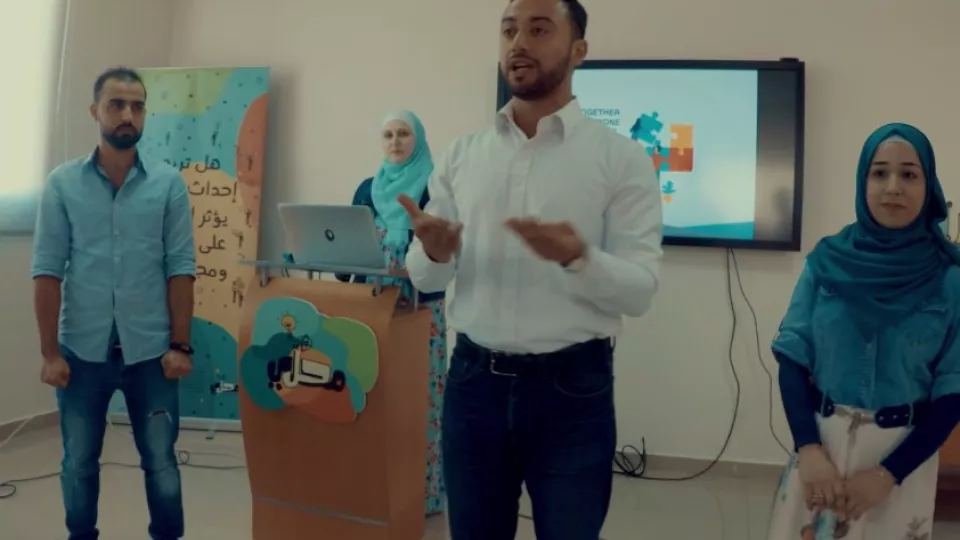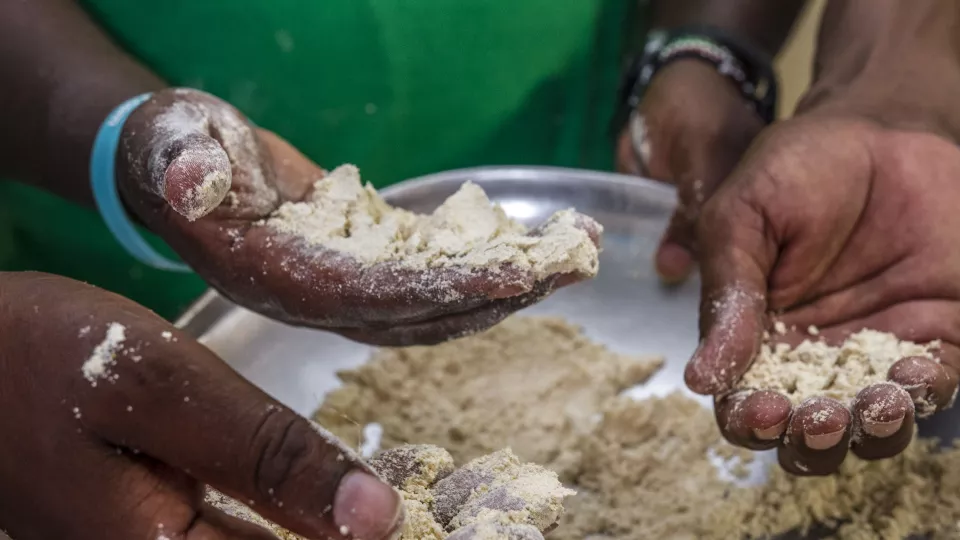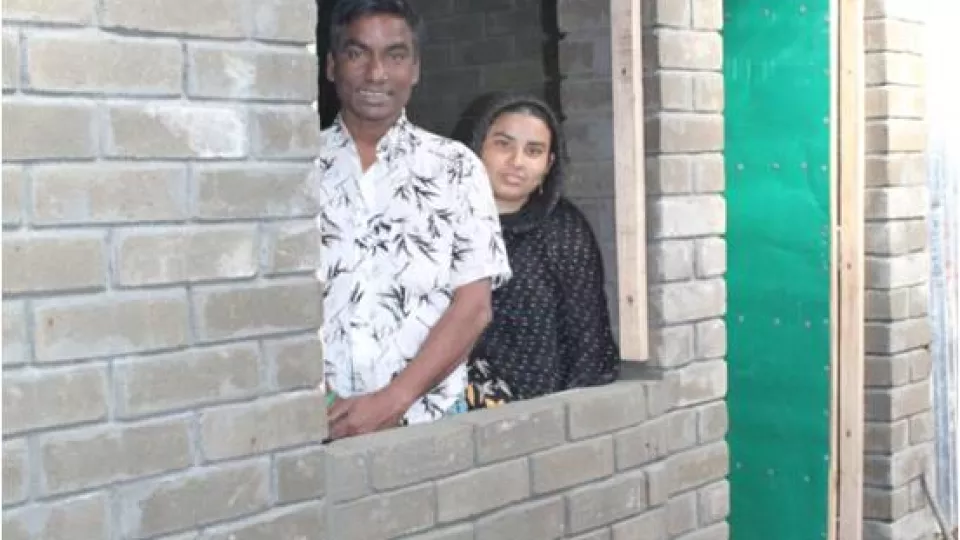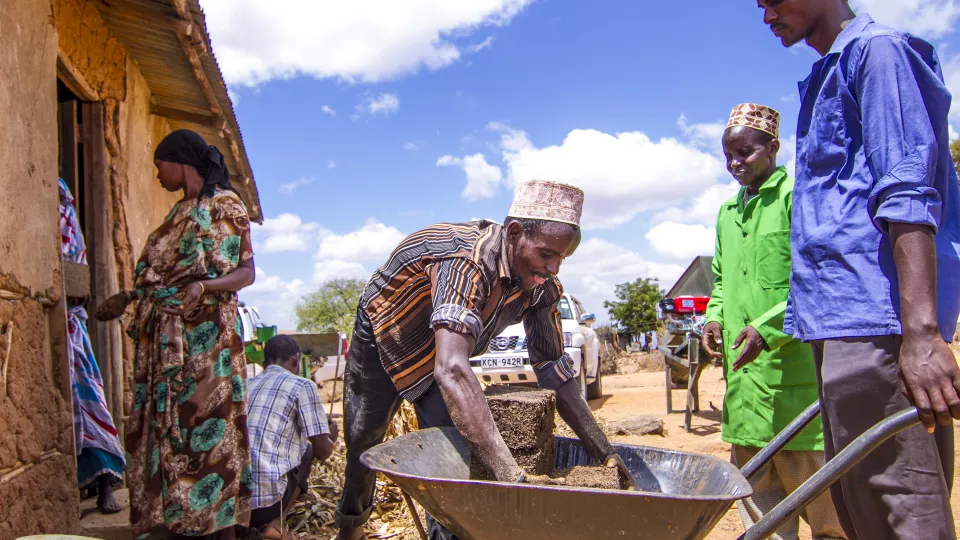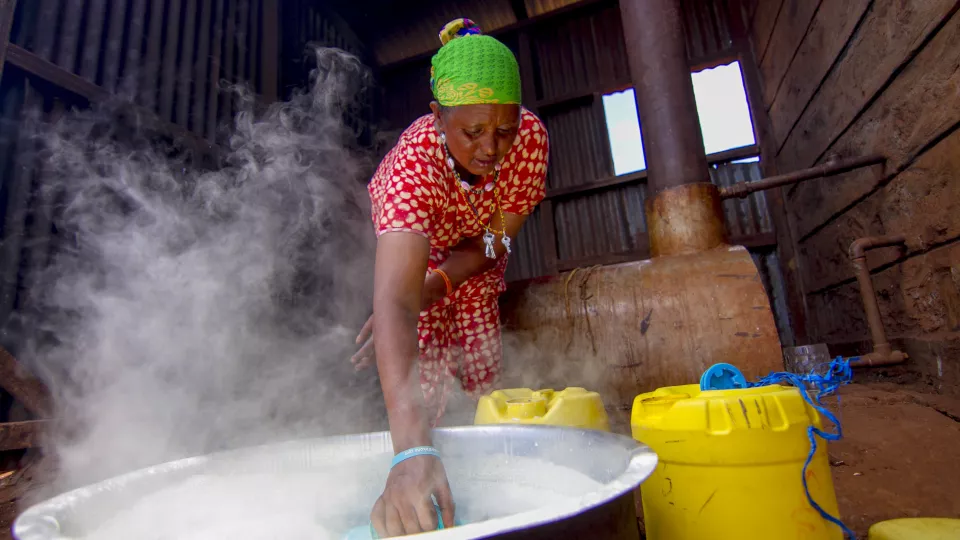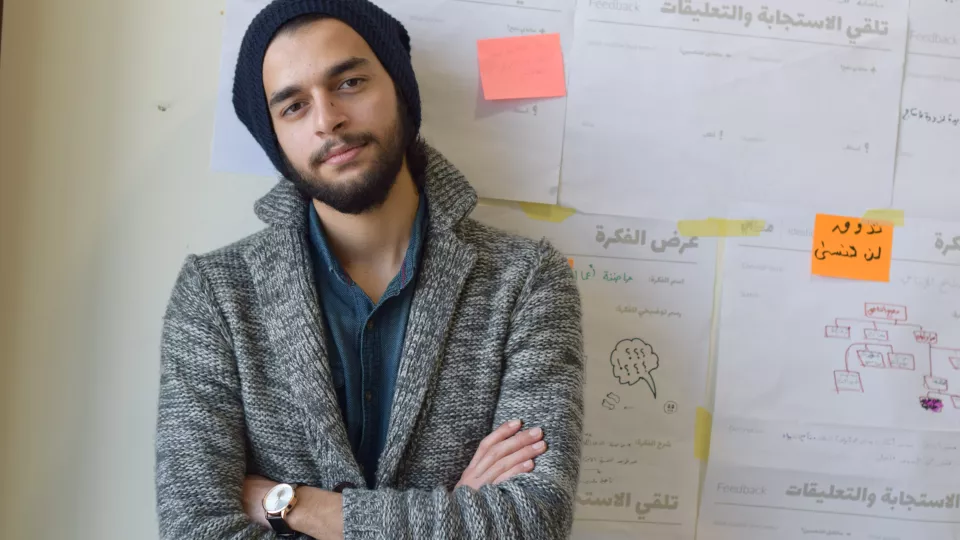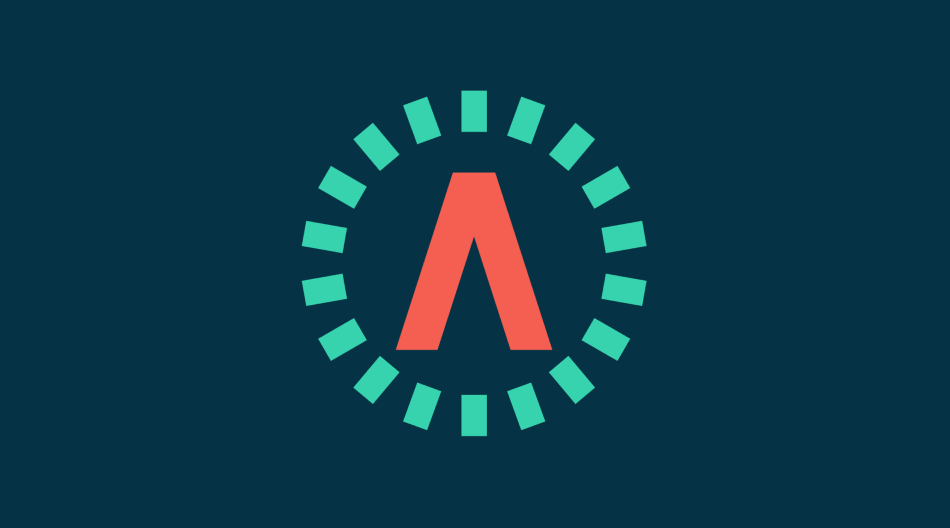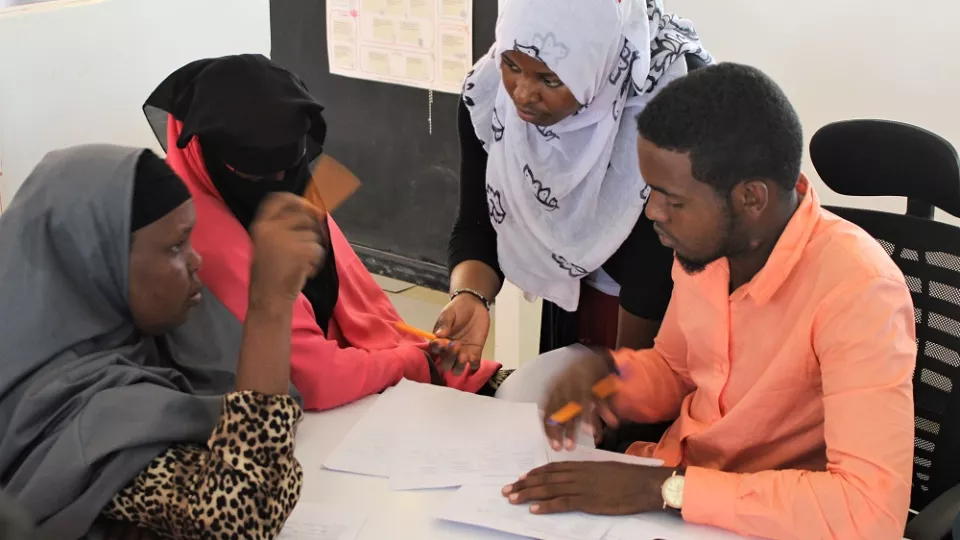Half of the 671,000 Syrian refugees living in Jordan have a family member with a chronic illness, such as diabetes or hypertension. And many are unable to access the medicine they need, because it is too expensive. Read how the Medicine Bank…
News and blogs
Mathenge Maisha is a unique start-up, which turns a common drought-resilient weed into nutritious low-cost flour. Currently, nearly one million Kenyans are at risk from starvation as a result of prolonged drought. The Garissa-based project plans to…
Over the past few years, hundreds of people have perished in building fires in Dhaka, the most densely populated city in the world. Read how an architecture student sought to use her skills to improve the living conditions of people in the slum…
Drought Cure is a nutritious food brick that can be stored for long periods to sustain livestock during droughts, which recurrently plague the Horn of Africa. Devised by a farmers' cooperative from Marsabit in Northern Kenya, the brick is a lifeline…
The Mt. Marsabit Dairy is a women's cooperative diary in Marsabit County, northern Kenya that sources dairy products from individual suppliers and applies cutting-edge production techniques to offer longer life, affordable dairy products. The dairy…
Betna is a housing solution for refugees and low-income workers in Jordan. This case study looks at the solution and how the innovation is intending to scale.
How can you assign and protect copyright and intellectual property when co-designing humanitarian solutions with multiple actors, including disaster-affected communities and vulnerable groups?
Kristin Bergtora Sandvik, Research Professor of Humanitarian Studies, University of Oslo, speaks to Start Network's innovation labs in Jordan, Philippines, Bangladesh and Kenya about ethics in humanitarian innovation.
The proverb sure does ring a bell for the Maarifa Kona Innovation Lab team in Kenya as each month provides new insights and it also shapes our outlook on this innovation path shuttled by the DEPP Labs programme.
Start Network's innovation lab in Kenya, part of the four national Disaster and Emergencies Preparedness Innovation Labs (DEPP Labs) programme, reflects on progress made so far.
The Disaster and Emergencies Preparedness Programme (DEPP) Bangladesh Innovation Lab organised Capacity Building training at the Dhaka Community hospital on the 3rd April.
‘Innovation’ has become a ‘buzz word’ in the humanitarian sector, with organisations seeking new and improved ways of delivering aid or boosting the preparedness and resilience of at-risk communities.

